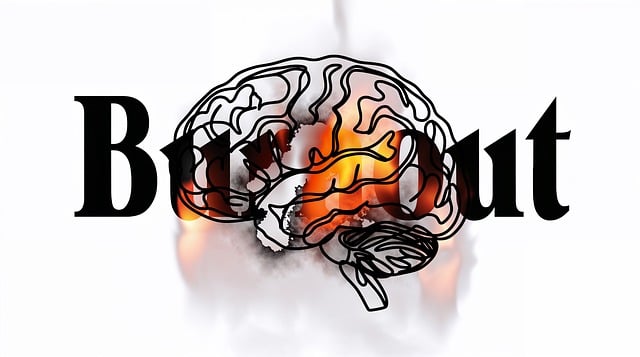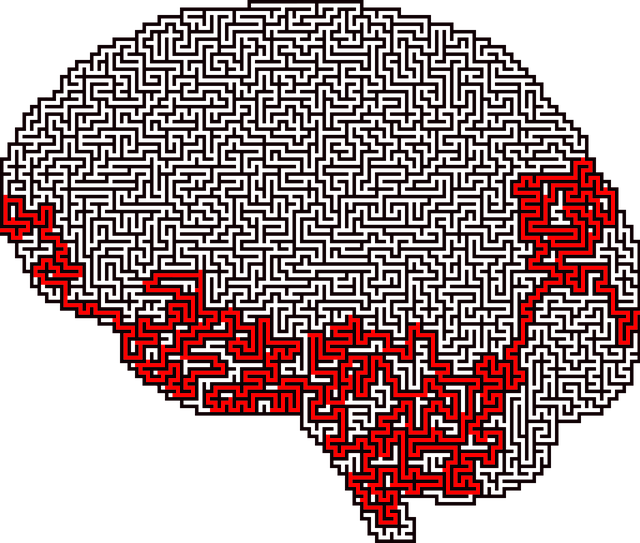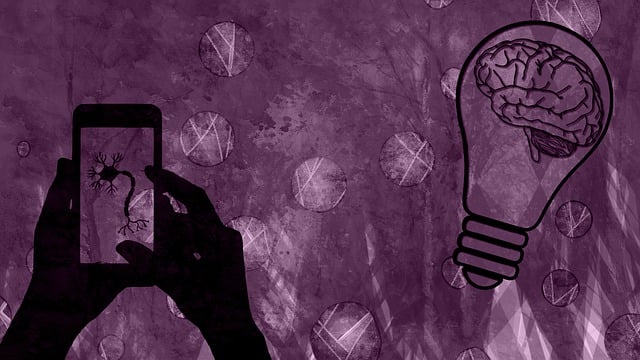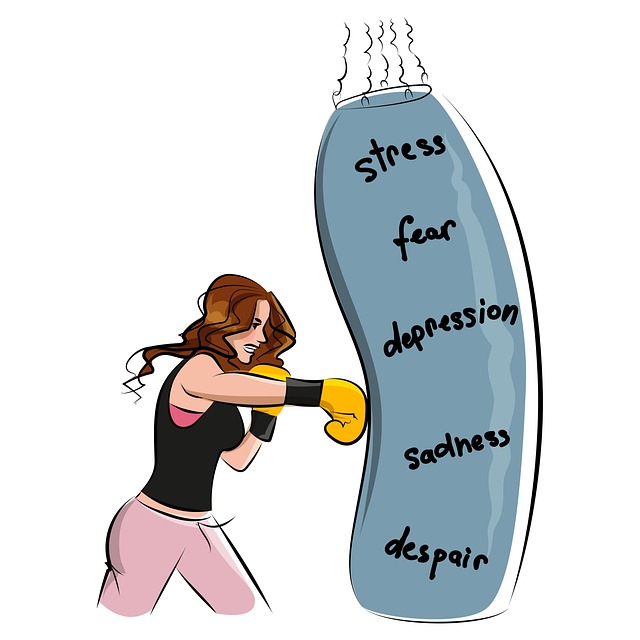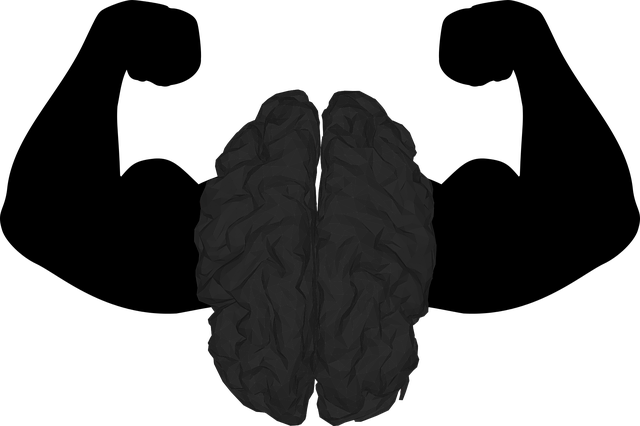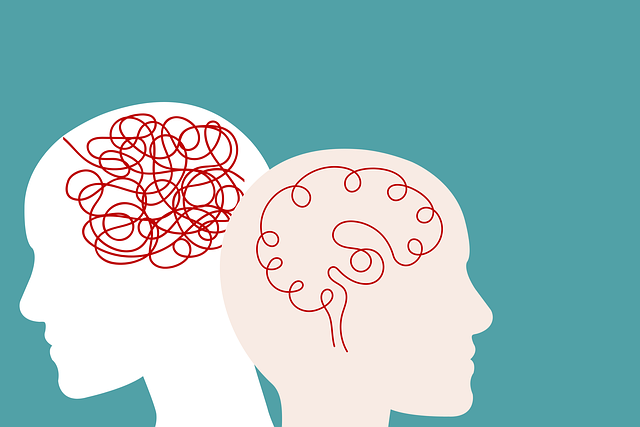Mental health diagnosis varies across age groups due to differing developmental stages and symptom expression. Standardized assessment tools, personalized care, early intervention, and continuous education are crucial for improving accuracy, especially in children and geriatrics. Tailored therapy, such as play or art therapy for children and technology-integrated stress management workshops for geriatrics, enhances emotional healing and patient outcomes. The Mental Wellness Podcast Series disseminates principles to empower individuals and caregivers to recognize behavioral changes early, reduce stigma, and encourage open conversations about mental health. Regular training for mental health professionals ensures best practices and cultural sensitivity in evaluating conditions across different age groups.
Mental illness diagnosis accuracy is a growing concern, especially across diverse age groups. This article delves into strategies aimed at enhancing diagnostic precision, focusing on children and geriatrics—populations with unique mental health challenges. We explore understanding the complexities of diagnosis across ages, standardizing assessment tools for consistency, tailoring therapy to individual needs, implementing early intervention strategies, and the critical role of continuous professional education. By addressing these aspects, we strive to improve diagnostic accuracy and enhance tailored care.
- Understanding the Challenges: The Complexities of Mental Illness Diagnosis Across Age Groups
- Unifying Approach: Standardizing Assessment Tools for Consistent Diagnosis
- Personalized Care: Tailoring Therapy to Individual Needs – Children and Geriatrics
- Early Intervention Strategies: Preventative Measures and Their Impact on Diagnosis Accuracy
- Continuous Education and Training: Equipping Professionals for Better Diagnostic Decision-Making
Understanding the Challenges: The Complexities of Mental Illness Diagnosis Across Age Groups

Mental illness diagnosis across different age groups presents unique challenges due to varying developmental stages and expression of symptoms. Children, for instance, might struggle to articulate their feelings or exhibit behavioural changes as signs of underlying mental health issues, making accurate diagnosis difficult. Geriatrics, on the other hand, often face challenges in distinguishing normal age-related cognitive decline from conditions like dementia or depression. This complexity necessitates tailored approaches in therapy and assessment methods suitable for each age group.
Efforts to improve diagnosis accuracy include public awareness campaigns that educate both the public and mental health professionals about the diverse presentations of mental illness across the lifespan. Risk management planning is crucial, focusing on early identification and intervention strategies. Moreover, enhancing emotional healing processes through comprehensive assessments and evidence-based therapies specifically designed for children and geriatrics can significantly contribute to more precise and timely diagnoses.
Unifying Approach: Standardizing Assessment Tools for Consistent Diagnosis

In the pursuit of enhancing mental illness diagnosis accuracy, a unified approach is essential—one that emphasizes standardization across assessment tools. Currently, disparities exist in diagnostic criteria and methods, particularly when comparing therapy for children and geriatrics. Standardizing these tools can mitigate subjectivity and variability among practitioners, ensuring consistent and reliable diagnoses. This uniformity fosters a more objective understanding of mental health conditions, regardless of age or background.
Furthermore, incorporating practices like mindfulness meditation and cultivating positive thinking, coupled with enhanced cultural sensitivity in mental healthcare, can contribute to this standardized framework. By integrating these strategies, healthcare providers can create an inclusive environment that respects diverse cultural perspectives, thereby improving diagnosis accuracy and patient outcomes—a significant step forward in meeting the unique needs of each patient, from children to geriatrics.
Personalized Care: Tailoring Therapy to Individual Needs – Children and Geriatrics

In recent years, there has been a growing recognition of the need for personalized care when it comes to mental health treatment, particularly for children and geriatrics. Mental illness diagnoses in these populations often require specialized approaches due to unique challenges and varying symptoms. Tailoring therapy to individual needs means considering not just age but also co-occurring disorders, cultural backgrounds, and personal experiences—all of which can influence a person’s mental well-being.
For children, this might involve play therapy or art therapy sessions designed to engage young minds while addressing underlying issues. Geriatrics, on the other hand, may benefit from integrating technology for stress management workshops, enhancing emotional intelligence through mindfulness practices, and fostering mental health awareness within their communities. These personalized interventions aim to improve diagnosis accuracy by ensuring that care is not one-size-fits-all but rather adapted to meet the distinct needs of each individual.
Early Intervention Strategies: Preventative Measures and Their Impact on Diagnosis Accuracy

Early intervention strategies play a pivotal role in enhancing mental illness diagnosis accuracy, especially when tailored for children and geriatrics. Preventative measures focus on fostering mental wellness through programs that promote resilience and coping mechanisms from a young age. By integrating these initiatives into educational settings and community centers, potential risks can be identified early, allowing for timely intervention. This proactive approach ensures that individuals receive appropriate therapy for children or geriatrics before symptoms escalate, leading to more accurate diagnoses.
The Mental Wellness Podcast Series Production has been instrumental in disseminating Mind Over Matter Principles, offering valuable insights into managing stress and anxiety. Such resources empower individuals and caregivers to recognize subtle changes in behavior, enabling earlier detection of mental health issues. Moreover, they encourage open conversations about mental wellness, reducing the stigma associated with seeking help, which is crucial for accurate diagnosis and effective treatment.
Continuous Education and Training: Equipping Professionals for Better Diagnostic Decision-Making

Mental health professionals’ ongoing education and training play a pivotal role in enhancing diagnostic accuracy, especially when considering diverse patient populations like children and geriatrics. Regular workshops, seminars, and advanced courses are essential tools to equip practitioners with the latest research findings, treatment modalities, and cultural sensitivity. This continuous learning ensures that professionals stay updated on best practices for evaluating mental health conditions across different age groups.
By investing in such educational initiatives, the focus shifts towards building resilience and emotional regulation skills not only in patients but also in healthcare providers themselves. This holistic approach to therapy can significantly contribute to alleviating anxiety, especially in children and elderly patients, making diagnosis and treatment more effective and tailored to individual needs.
Mental illness diagnosis accuracy has seen significant advancements through standardized assessment tools, continuous education, and personalized care tailored to age groups such as children and geriatrics. Early intervention strategies play a crucial role in prevention and improving diagnostic outcomes. By unifying approaches and emphasizing continuous learning among professionals, we can ensure more effective mental health support across the lifespan. These efforts not only enhance diagnosis accuracy but also open doors to better-personalized therapy for both children and geriatrics.





